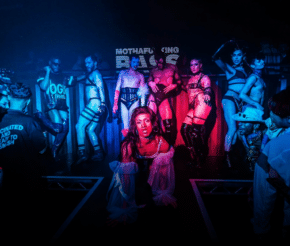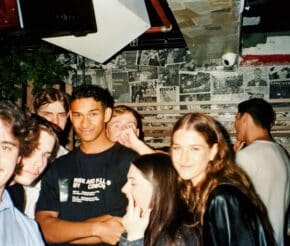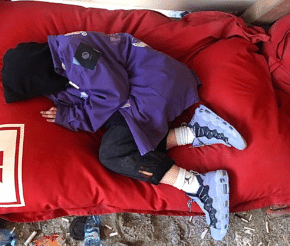- Advertise
-
Subscribe
Hangxiety
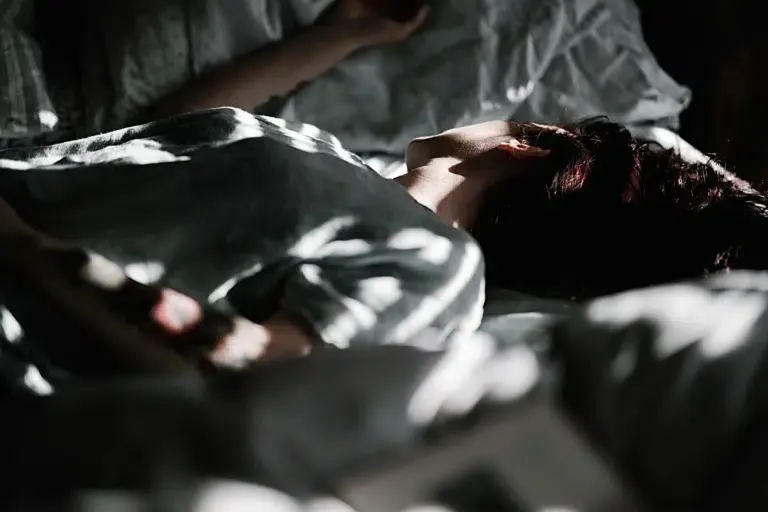
Waking up to feelings of dread the day after drinking isn’t uncommon.
A punishing headache and nauseous stomach are among the few grim symptoms of a post-alcohol morning.
The series of negative symptoms experienced after drinking is considered a hangover. Although it’s experienced differently from one person to the next, there are usual tell-tale signs that your body is suffering from a hangover.
These primarily include: headaches, fatigue, nausea, stomach pain, sensitivity to light and sound, among others.
One of the lesser acknowledged side effects of drinking too much is the anxiety that follows the day after.
The lively, chatty mood you were in the night before has been completely replaced with a rapid heartbeat, knot in your stomach and thoughts racing around your head.
We’re here to cover the causes of hangover anxiety so you don’t feel like you’re alone in this.
Even if it’s not talked about as often as other symptoms, it can greatly affect one’s post-drinking experience.
Alcohol withdrawal
Essentially, all hangovers are a result of alcohol withdrawal, one way or another.

While the withdrawal associated with those who have alcohol use disorders is more intense in its side effects, average drinkers can still experience symptoms of withdrawal as the body recovers from intoxication.
A common symptom of withdrawal is the anxiety it brings on.
When the next day comes around and the alcohol levels in your blood start to drop, it comes as a shock to both your body and your brain.
Blackout anxiety
This type of anxiety is pretty straightforward.
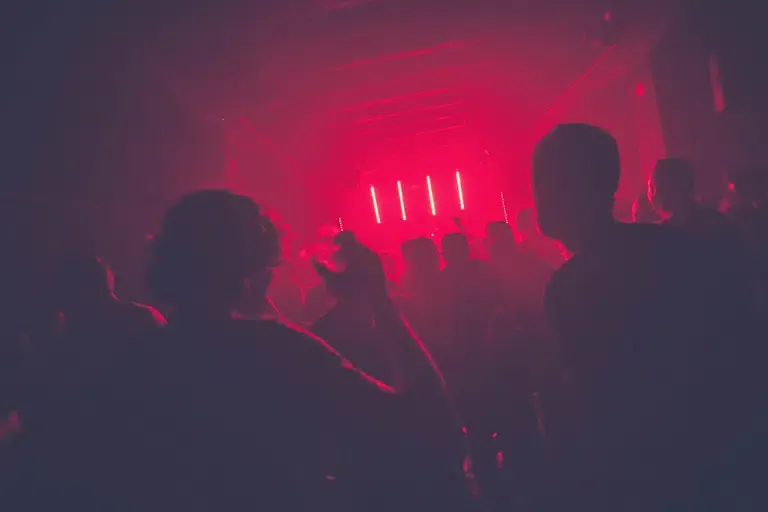
Blackouts – or alcohol induced amnesia – can occur as a result of heavy drinking. Waking up and not remembering portions of your night can be frightening to anyone, even if you’ve ended up safe in your bed and think probably nothing bad actually happened.
The stress comes from worrying that you had said or done something you’ll later regret, as well as feeling like you didn’t have full, conscious control over your body.
Blackouts aren’t the same as just passing out. During a blackout, you are usually still awake and functioning, but the overpowering amount of alcohol quite literally inhibits the part of your brain which secures memories.
Lack of sleep
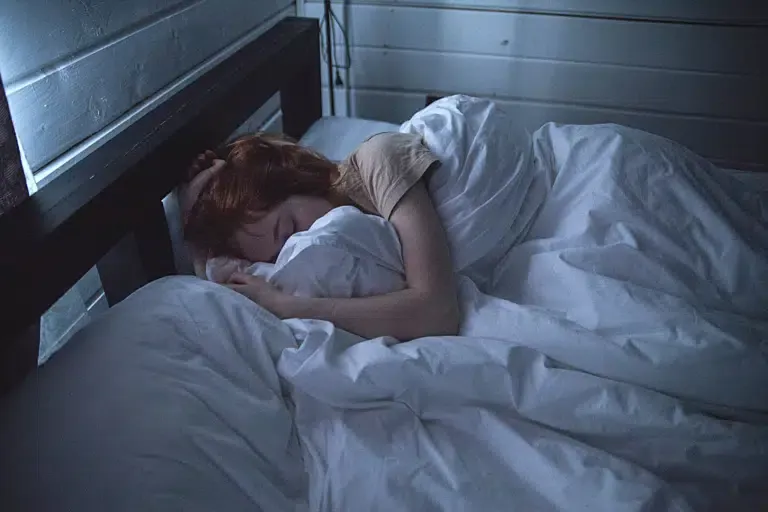
Even outside the context of alcohol, lack of sleep is known to disturb emotional health and lead to worsening anxiety.
When you add intoxication and staying out late into the mix, you can probably say you didn’t get a healthy 8 hours of sleep.
Sleep fragmentation, where you wake up multiple times throughout your night, as well as changes in your sleep cycle, are known to lead to higher stress levels.
When the body isn’t rested enough, it won’t be able to function or calm down the way it normally does.
Social anxiety and shyness
First of all, social anxiety and shyness are two different things, especially in terms of their intensity and effects on a person’s life. However, individuals with both social anxiety and shyness have reported higher instances of waking up worrying and regretting the night before.
For some people, alcohol can act as a social crutch.
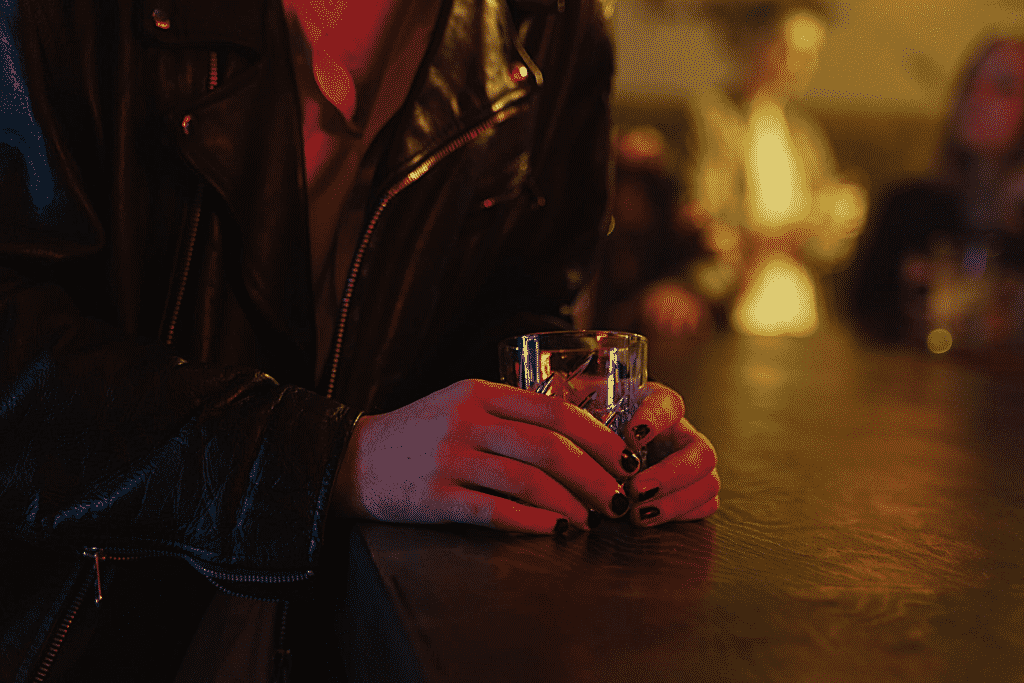
It’s believed to relieve the likelihood of overthinking and relax people in social situations which they might find distressing or difficult otherwise.
However, the next day brings with it a sober reflection of the night before, and allows for the stagnant anxiety to bubble to the surface.
Alcohol intake
Sometimes it just boils down to how much you’ve had to drink.
The more alcohol you consume, the worse side effects your body will experience from having to process the alcohol. This includes dehydration, which can increase anxiety levels.
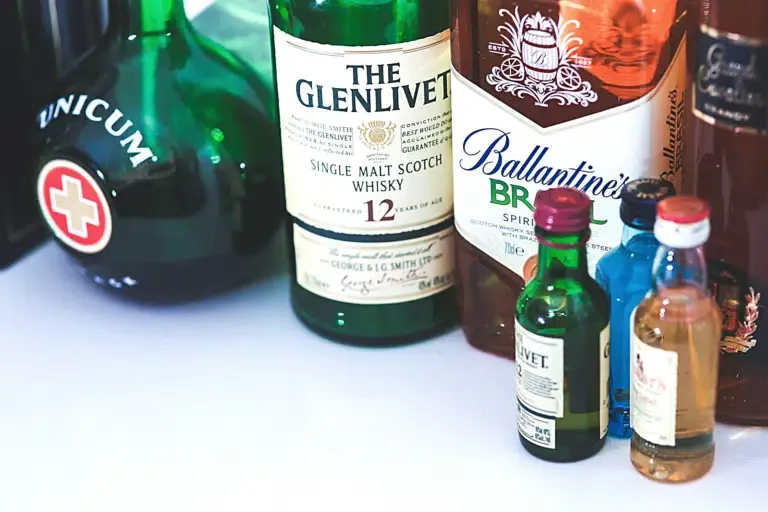
Alcohol intake can also increase the possibility of getting sick, feeling nauseous, or having physical stomach and head pain – all of which can make an already exhausted individual feel more stressed out.
As much as we all hate hangovers, there’s no one-stop cure for the dreaded consequence of a fun night out. However, if you do feel more prone to experiencing alcohol-induced anxiety the next day, it’s important to be aware of how your drinking habits are affecting your mental health.
If you or someone you know is struggling with alcohol consumption or is suffering from anxiety, you can find useful links to find advice or seek help here:
Alcohol abuse support services: DrinkAware
Anxiety support services: AnxietyUK

